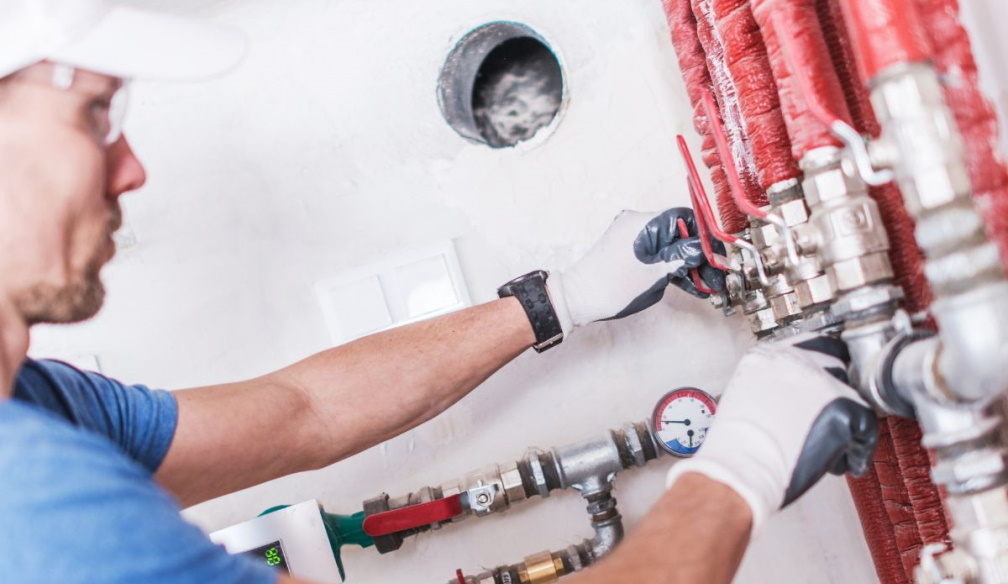Plumbing Expenses in Commercial Leases

Signing a commercial lease is a big deal for a business. With lease terms often being 5 years or more, it’s important to keep on top of outgoing expenses with the help of a commercial plumber Brisbane. Expert fit out and maintenance support can make your life much easier, especially when it comes to disputes between you and your landlord. While it isn’t always easy to decide who is responsible for plumbing expenses in a commercial lease, it’s critical that you stay on top of repairs and maintenance. In some cases, failing to repair plumbing issues on the property can automatically make you liable for the expense, so you need to stay on top of your rights and responsibilities as a commercial tenant.
Who Pays for Commercial Plumbing in Australia
Landlords and tenants are both responsible for some of the ongoing property expenses of a commercial property. Whether you’re liable to pay for plumbing usually depends on the terms of your lease. In most cases though, the tenant is required to pay for any commercial plumbing expenses that arise during the lease. This includes things like general maintenance, leaky fixtures, broken pipes and any costs associated with the fit out.
The cost of commercial plumbing is usually included in your outgoings. Outgoings cover most of the fees, taxes, council rates and repair expenses of the property you’re leasing. These can be a major expense, so be sure to read your contract carefully before signing.
Types of Commercial Plumbing Expenses
Australia doesn’t have any specific laws about who pays for plumbing in a commercial lease. Instead, your lease will set out what you are and aren’t liable for during your time on the property. Leases usually separate maintenance expenses into two categories:
-
General wear and tear – Tenants are responsible for plumbing wear and tear. That includes things like leaking taps or toilets, dripping pipes, blocked drains and grease trap maintenance. Depending on the terms of your lease, you might also be responsible for things like managing industrial waste and any issues that come from mishandling those responsibilities.
-
Structural repairs – Landlords are typically responsible for structural repairs. This includes things like repairs to the walls, foundations and roofing, but it can also include major plumbing installations. Things like fire sprinkler systems, mains water supply lines, roof plumbing and underground drainage are often the landlord’s responsibility.
Always check your lease carefully before signing. It’s common for landlords to include terms that make structural repairs the tenant’s responsibility. You don’t need to let that prevent you from signing, just make sure you’re factoring it into your expenses so that you aren’t hit with a surprise bill!
Who Pays for Plumbing Fit Outs
The tenant is almost always responsible for the costs associated with fitting out the property. Commercial plumbing fit outs are considered a cost of doing business, so you’ll be expected to pay for any work you need to have done. That not only includes plumbing for things like commercial equipment, it means you’ll have to pay for the installation of industrial drainage, gutter modifications and underground plumbing. If your fit out requires modifications to the building’s structure (like digging a trench through the foundations), you’ll also be responsible for returning the building to its original condition.
Disputes Between Landlords and Tenants
The cost of repairs is often a major sticking point for tenants and landlords. Paying for repairs to the property can result in disputes that are hard to resolve without legal counsel. Plumbing issues are especially challenging because they can fall into both repair categories, depending on the location and severity of the issue. Some previous court rulings have found that extensive plumbing maintenance may be the responsibility of the landlord, especially if it’s likely to be a safety hazard for people onsite. On the other hand, the courts have also required tenants to pay for major structural repairs if the plumbing was neglected or damaged during normal use.
When in doubt, it’s better to call a commercial plumber Brisbane first, and sort out the details with your landlord afterwards. As the tenant you may be liable for any damage caused by a plumbing issue that you failed to report. So, if a leaking pipe leads to a crack in the foundation, a small wear and tear expense can turn into a serious structural repair that you’ll be required to pay for! All in all, plumbing problems can result in serious damage, so it’s better to call for help than wait around for your landlord to fix the issue.







